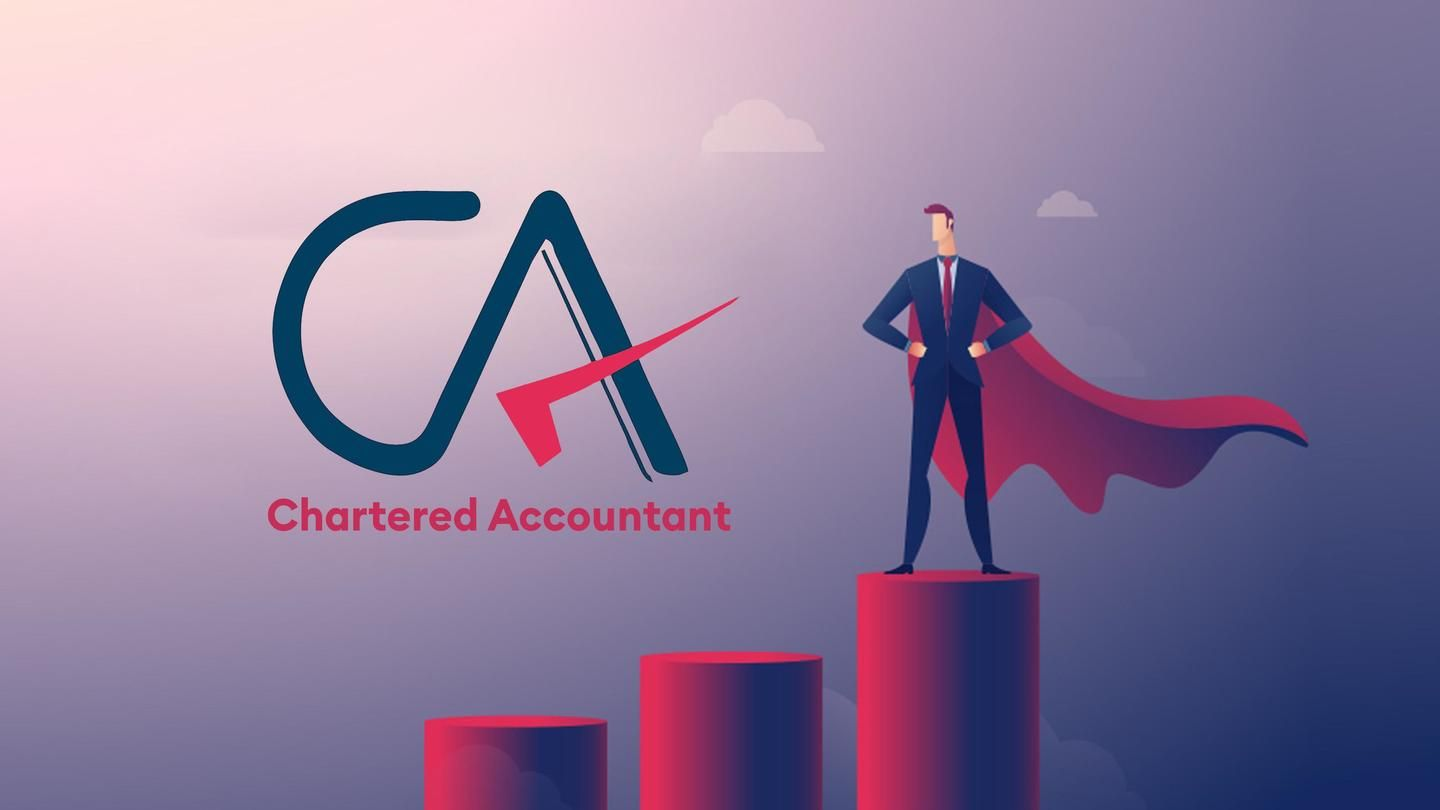House Property Income under Income Tax Act ,1961
The Income Tax Act 1961 is the primary law that governs the taxation of income in India. Under this act, income from house property is a separate head of income, which means that it is taxed separately from other types of income such as salary, business income, and capital gains.
There are several types of house property that can generate income, including residential properties, commercial properties, and agricultural properties. In order to be eligible to receive income from house property, the property must be owned by the taxpayer, either individually or jointly with others.
Income from house property is calculated based on the gross annual value (GAV) of the property. The GAV is the amount that a property could be expected to rent for on the open market, regardless of whether it is actually rented out or not. In cases where the property is occupied by the owner, the GAV is calculated based on the hypothetical rent that the property could fetch if it were rented out.
The GAV of a property is used to determine the amount of tax that is payable on the income from the property. In cases where the GAV exceeds the municipal value of the property, the excess is known as the "standard deduction," and it is deducted from the GAV to determine the taxable income from the property.
There are several deductions that can be claimed on income from house property, including deductions for municipal taxes, interest on a home loan, and repairs and maintenance expenses. These deductions are used to reduce the taxable income from the property, which ultimately reduces the amount of tax that is payable.
In conclusion, income from house property is an important source of income that is taxed separately under the Income Tax Act 1961. It is important for taxpayers to understand how this type of income is calculated and taxed in order to properly report and pay their taxes.


Comments
Post a Comment